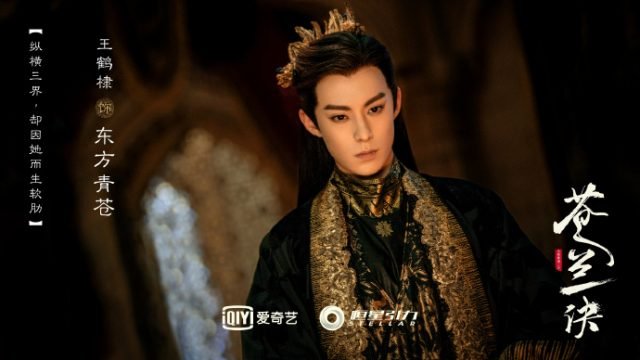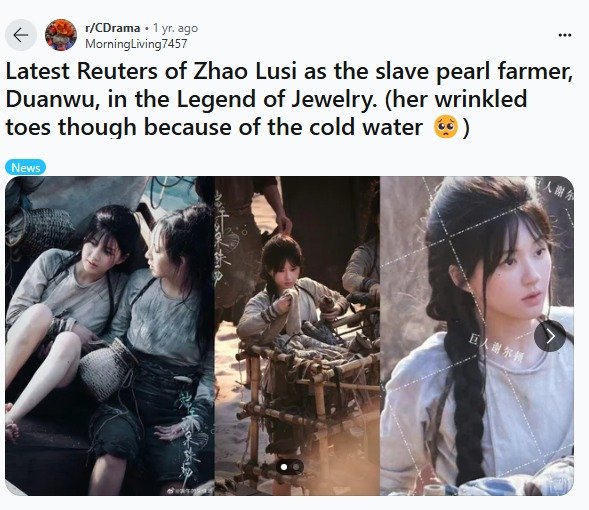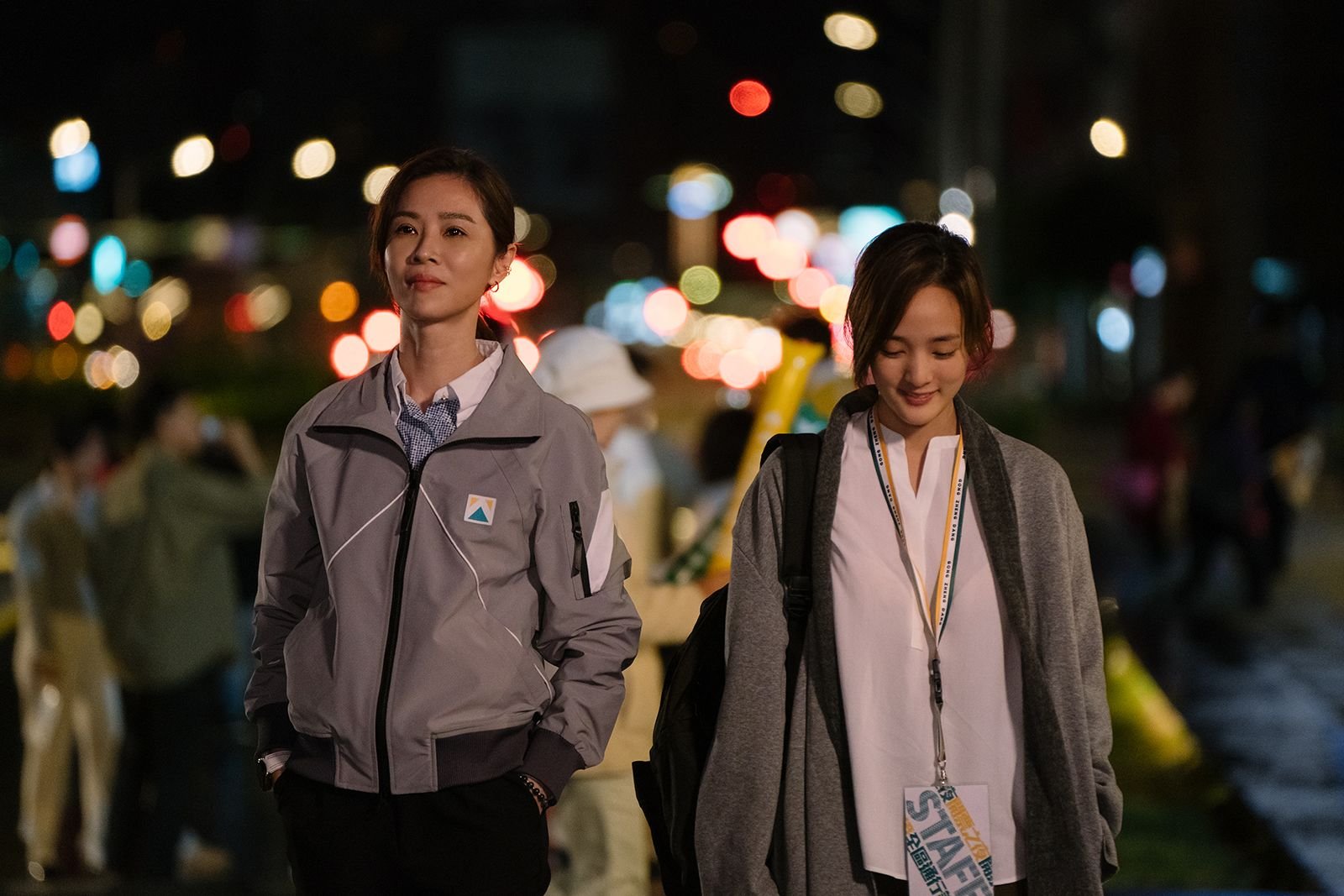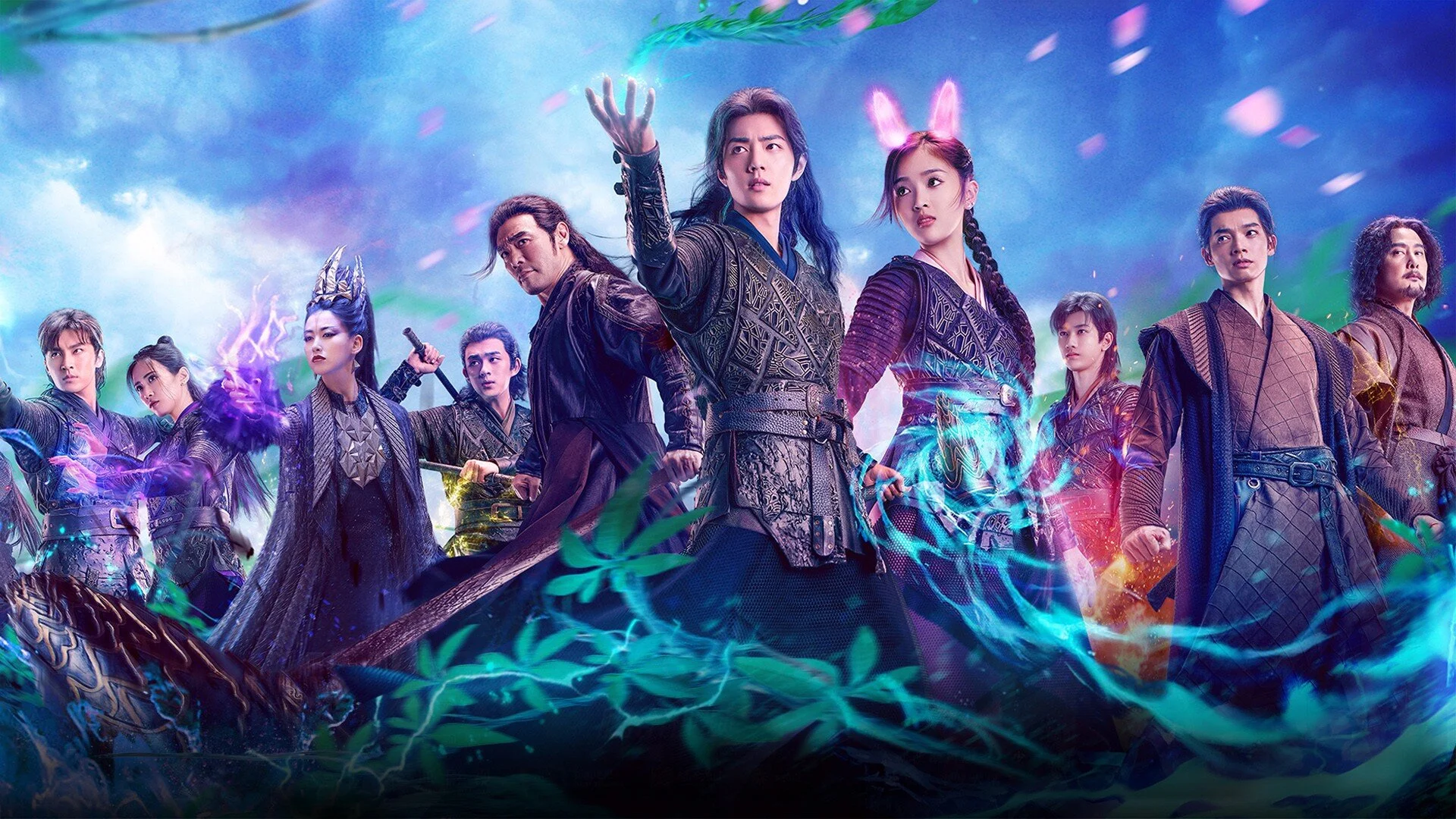Love Between Fairy and Devil: The voice behind Dongfang Qingcang
Dylan Wang Hedi 王鹤棣 as Dongfang Qingcang 東方青蒼 in Love Between Fairy and Devil. Credit: iQIYI
I’ve written here before about why so many Chinese dramas are dubbed and why I am generally not a fan. But every so often, a voice actor will be matched with a character — and it just works. The results are far superior and the dubbed voice is very much an essential part of the character.
After being panned for his “AI” robot-like acting in Miss the Dragon (遇龙) Dylan Wang Hèdì (王鹤棣) delivers a strong, compelling, and emotional performance playing the devil Dōngfāng Qīngcāng (東方青蒼), from the recent hit series, Love Between Fairy and Devil (苍兰诀). But the imperious voice you hear in the drama is not his own.
Meet Wáng Bǎoshùn (王保顺), the voice behind Dongfang Qingcang. His elocution and modulation, combined with his deeper voice, carries more gravitas — fitting for an intimidating antagonist who is supposed to be about 38,000 years old.
The video below could’ve been a bit gentler about the comparison, but it is a striking example of the difference. Dylan’s more youthful voice just doesn’t quite fit - it's like if you got Mark Hamill to voice Darth Vader instead of James Earl Jones. Nothing wrong with Mark Hamill's voice, but it's not Darth Vader.
(As a side note, Dylan had a Sichuan accent that used to be more pronounced, and the video touches on the considerable effort he has spent practicing his Mandarin tones and enunciations.)
In an interview with China News Agency, Wang Baoshun shared how he came to voice Dongfang Qingcang and his own journey to becoming a voice actor. I thought it was an interesting segment, and wanted to share it with non-Mandarin speaking fans of the show.
Born on October 18, 1992, Wang Baoshun was a former chef at the Diaoyutai State Guesthouse, a diplomatic complex in the western suburbs of Beijing used for hosting state and foreign dignitaries. There, he mostly prepared cold dishes, appetizer platters and carved garnishes. He became a voice actor by chance, he said, and began going into the recording studio every day. He has now been in the industry for about seven years.
When he was first introduced to Dongfang Qingcang in Fairy and Devil, Wang Baoshun imagined him to be cool and handsome, and very domineering. But he felt the character was not your stereotypical drama trope of a “cold, arrogant executive” either. His personality was rooted in the fact that his father excised all his emotions, leaving him devoid of all feelings, including love. Wang Baoshun explained that he conveyed Dongfang Qingcang’s gradual change through the way he spoke, adding more air, making his voice warmer and gentler over time, particularly when he said Little Orchid’s (played by Esther Yu Shuxin (虞书欣)) name.
“I said goodbye to him the moment I finished dubbing Dongfang Qingcang and removed my headphones,” he said in the interview, adding that he did not always pay close attention to every scene that did not require dubbing.
“He was a complete and wholly formed person when I saw him again on television — both familiar and a stranger.”
Like so many of us, he too binged on the drama, staying up as late as 2 or 3 a.m. in the morning, he said.
The role not only caught the attention of his friends, former classmates, and even distant relatives, he said, it also raised his profile within the industry and brought him more opportunities. Going forward, he hopes to experience a broad range of characters as a voice actor.
Wang Baoshun, who was at the studio to record an audio book the day of the media interview, also showed that being a voice actor is not an easy task. Once he starts recording, he expects to continue until late afternoon or evening.
“People in our industry don’t see the sun,” he laughed. He showed a thick stack of papers he just received and said they only get the scripts shortly prior to recording.
Dubbing Dongfang Qingcang was quite interesting, he said. He was surprised when the first scene he had to dub was when his character swapped bodies with Little Orchid. He had no previous experience with the scene since it never came up when he auditioned for the part, so he found it quite challenging to voice Little Orchid, who, early in the story, is a fairly young, naive, and pouty, fairy. Some viewers thought Dylan’s own voice was used in those scenes, but it was in fact still Wang Baoshun. (You can see a clip of him voicing Little Orchid’s part around the 3:25 mark in the China News Agency interview.)
Screengrab of the epilogue “farewell letter'“ posted on Dongfang Qingcang’s social media account.
Prior to Fairy & Devil’s broadcast, he did not think viewers would pay such close attention to the dubbing, he said. But when the character’s social media account posted a farewell note after the drama’s broadcast concluded, viewers asked if he could read it. He did, and the enormous response he received from fans gave him a feeling of fullfillment or completion, he explained, like the character bidding a proper farewell. The experience left a deep impression and made him realize that voice actors too can evoke a great deal of emotion for audiences.
“We’re not just dubbing voices, we’re also acting in it,” he told China News Agency. “Definitely, from the moment we become the character, we are expressing our true feelings…only things that are sincere can touch the audience.”































